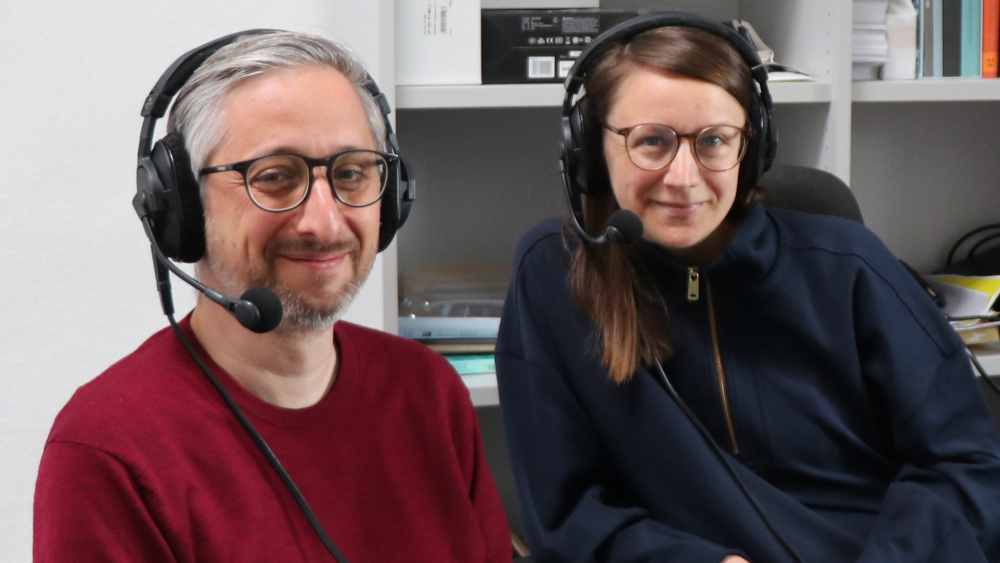
Switzerland has 8.7 million inhabitants, one tenth of Germany, with four language regions. How does a media system function in such a small-scale linguistic field?
"Basically, each language region has its own media. The different parts of the country do not always perceive each other," explains Manuel Puppis. As a professor at the Department of Communication and Media Research at the University of Fribourg in Switzerland and Vice Chair of the Swiss Federal Media Commission (FMEC), he knows the media system of his homeland very well. "If you disregard public service broadcasting and the major national media, reporting is strongly limited to one's own language region. That does not mean that the country does not function well. However, we do not have a national public sphere in which all topics are equally well represented."
Another Swiss characteristic is the element of direct democracy. Citizens have the opportunity to vote directly on draft laws on a regular basis. Media policy is also characterised by this. It was only last year that a bill on additional media funding was rejected. Among other things, it would have provided direct funding for online media, as has existed in Scandinavian countries for several years.
Puppis sees the current challenges for the Swiss media system as quite comparable to the situation in neighbouring countries: media financing, the future of public service broadcasting and platform regulation. "In the area of platform regulation, Switzerland is taking its cue from the EU, which has just passed groundbreaking legislation with the Digital Services Act (DSA). It will take another five to seven years until the Swiss version goes into effect."

Prof. Dr. Manuel Puppis
Johanna Sebauer
Contact